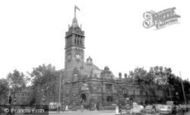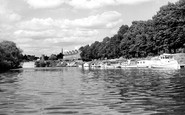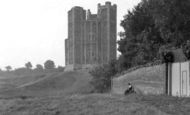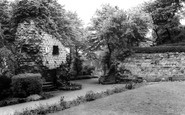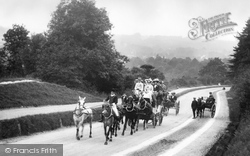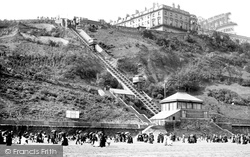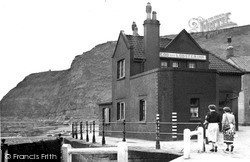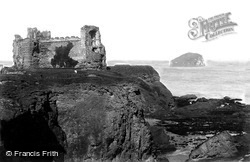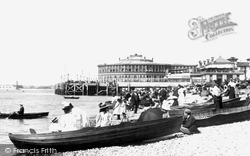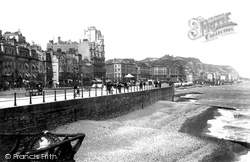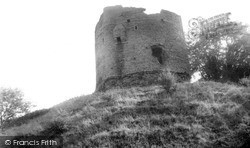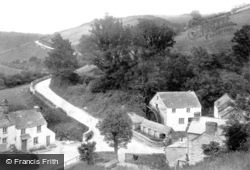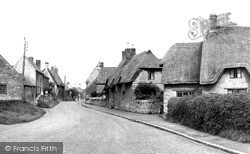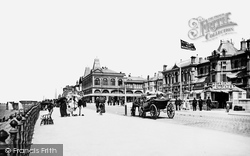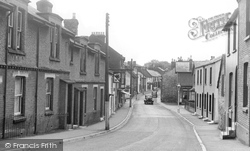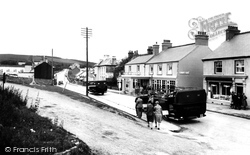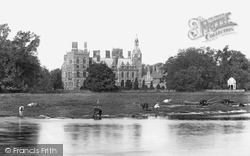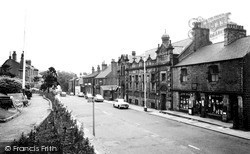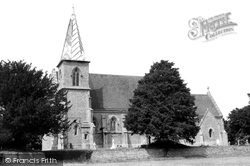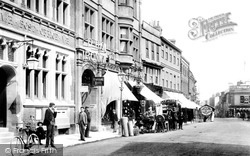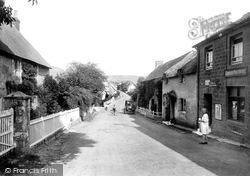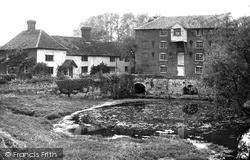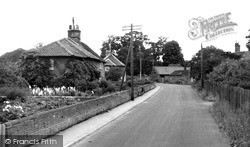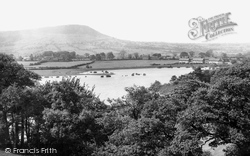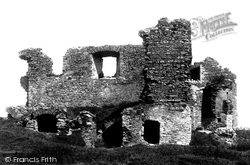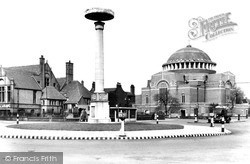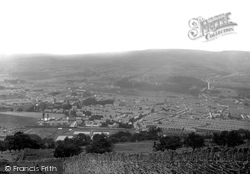Places
18 places found.
Those places high-lighted have photos. All locations may have maps, books and memories.
- Hythe, Kent
- Hythe, Hampshire
- Small Hythe, Kent
- Bablock Hythe, Oxfordshire
- Methwold Hythe, Norfolk
- Hythe, Somerset
- Hythe, Surrey
- Hythe End, Berkshire
- The Hythe, Essex
- Egham Hythe, Surrey
- West Hythe, Kent
- New Hythe, Kent
- Broad Street, Kent (near Hythe)
- Horn Street, Kent (near Hythe)
- Newbarn, Kent (near Hythe)
- Newington, Kent (near Hythe)
- Broad Street, Kent (near Hythe)
- Stone Hill, Kent (near Hythe)
Photos
360 photos found. Showing results 1,901 to 360.
Maps
101 maps found.
Books
10 books found. Showing results 2,281 to 10.
Memories
4,406 memories found. Showing results 951 to 960.
Growing Up In Leeds Street
My sister and I were also born in North Mid Hospital and grew up in Leeds St in the late 1950/early 1960s. We remember well the fruit and veg stalls at the end of the road in particular we remember them being run by a chap ...Read more
A memory of Edmonton
Back To Real Life
I was born at 138 Burgess Road in East Ham and remember a shop on the corner I used to frequent before school, Ottaways or something like like. I used to get 1 old pence to spend on sweets, either 8 black jacks or 8 fruit salads. I ...Read more
A memory of East Ham by
Swimming Across The River Severn
I remember at the age of twelve 1957 swimming across the river from Hylton road over to the racecourse to watch the racing on a Saturday afternoon. Five of us used to swim out to the pleasure steamers as they went up ...Read more
A memory of Worcester by
Childhood Holidays In Orford
Looking at these photos of Orford, my main impression is how little Orford has changed over 70 odd years. Add modern cars and some colour and these views would still look the same. Our family spent many happy holidays in ...Read more
A memory of Orford by
Brill Windmill
What a wonderful vista up by the Windmill. This area featured in a film called SHADOW RUN with M CAINE. Brill tramway no more but what a memory. The old GREAT CENTRAL used to pass near and the area was called THE GREEN DESERT.
A memory of Brill by
Happy Holidays.
I have many happy memories of holidays spent at Dhoon from about 1934 to 1940, when I was under ten years old. My parents had visited the Isle of man for many years before I was born and had discovered Dhoon on those visits. We used to ...Read more
A memory of Dhoon by
Entering Paradise Via Amersham On The Hill
It was a Sunday morning and I had taken a (red rover underground ticket) and travellved via Baker Street to Amersham. I walked through Parsonage Woods and as I came out of the woods was taken ...Read more
A memory of Amersham on the Hill by
A Very Cold Bottom!! 1973/4
I was born in Pontefract. Christened and Married, as were my parents, in All Saints Church in Pontefract by the Reverand Fawkes, now diseased. I went to Chequerfield infants then Willow park junior school and Pontefract ...Read more
A memory of Pontefract by
Boac Hatton Cross Part 2
TBA (tech block a) was a very large building so much so that people often got lost. There were four hangars East West North and South. In each hangar there was a technicl control and documents office which was ...Read more
A memory of Heathrow Airport London
1950s Rosenau Rd.
Hi, I was born in 1946 at the South London Hospital for Women and lived for a while at 15 Etruria St. Battersea, it was near Dogs Home Bridge and Battersea Power Station, where my dad, Charlie Jones worked. Soon we ...Read more
A memory of Battersea by
Captions
4,899 captions found. Showing results 2,281 to 2,304.
A party, dressed in their finery, with the ladies in large flowery hats, are on an outing on a coach owned by the millionaire Alfred Gwynne Vanderbilt.
The tramway offered holiday-makers an alternative means of escape from the beach to the Esplanade, other than by the 224 steps cutting through the Spa Gardens, and all for just 1d.
The Cod & Lobster has been battered by the elements over the centuries. Three earlier inns have been destroyed, and this building was severely damaged in 1953.
Tantallon was the stronghold of the Douglases, wardens of the Border Marches, lords of Galloway, and by the end of the 15th century masters of much of Lothian, Stirlingshire and Clydesdale.
It would not be rustic or romantic enough for all tastes, but recommends itself to many by the stir of military and naval life.
The earlier stucco terraces are dominated by the towering Palace Hotel, which opened in 1886 with a busy roofscape and a French pavilion roof.
It was one of many castles built by the de Lacy family and was part of a network of castles throughout the area, used to control what was once wild, border country.
Here we see the old corn mill deep in the valley at Crumplehorn in working order, with its overshot waterwheel fed by the trough of a launder.
When questioned by the police, he was found to be in possession of £100 and a false identity card.
The menagerie was retained as a Tower attraction, but it also gained fame as the setting for Stanley Holloway's monologue about young Albert Ramsbottom and the 'to do' when Albert was eaten by the menagerie
It was built by Sir John Brownlow, using Lincolnshire's own superlative building stone, the Ancaster limestone, and was acquired from the seventh Lord Brownlow by the National Trust in 1984.
When the English vessels failed to appear, French troops landed on the Island, burning and looting, and were resisted only by the Islanders who inflicted heavy casualties on the invaders.
The land was given by the Prince of Wales, and from him it gained its name.
Designed by Sir Gilbert Scott, (who, obviously, also worked on London's St Pancras station) and built in 1864, this was the third house on the site and at the time of the photograph was owned by the
The valley later became renowned for its dyeing of dark blue cloth, which was used by the whole of the Royal Navy.
Brown Candover's spired church was built in 1845 by the first Lord Ashburton, replacing an earlier place of worship demolished the previous year.
The original market place, as laid out in the Bury St Edmunds' grid pattern devised by Abbot Baldwin in the 11th century, was a good deal larger than it was by the time this photograph was taken.
It is interesting to speculate whether the 'Local Views' in the postcard rack are by the Frith company.
These model estate cottages were built by the Berners family for their agricultural labourers and artisans.
These model estate cottages were built by the Berners family for their agricultural labourers and artisans.
Today the land is managed by the National Trust.
Kendal Castle, originally a 13th-century structure, was owned by the family of Katherine Parr, the last wife of Henry VIII, in the 16th century.
It is built of red brick and York stone, surmounted by a large concrete dome once covered with copper and crowned by the four short and narrow arms of a Greek cross.
In this area there are a number of the many valley roads built during the depression of the 1920s and 1930s by the unemployed under the Public Works scheme.
Places (18)
Photos (360)
Memories (4406)
Books (10)
Maps (101)

